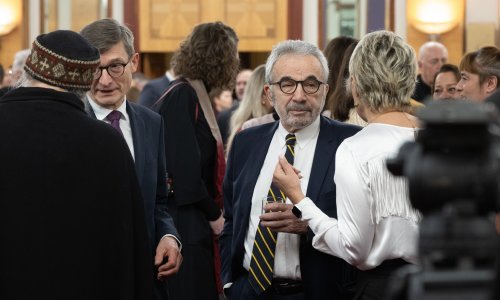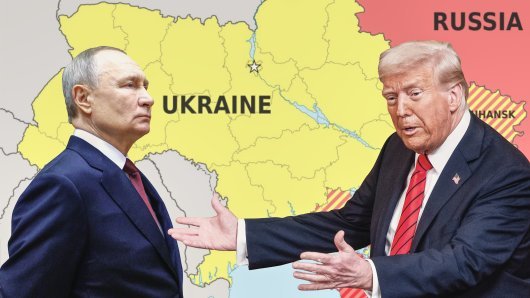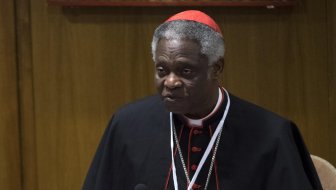Montenegrin Prime Minister Milo Djukanovic tendered his resignation in Podgorica on Tuesday.
"I would like to inform you that I have decided to resign," Djukanovic told a news conference.
He has been in power in Montenegro since 1991, either as prime minister or president.
"This decision isn't sudden or hasty or adopted under pressure from anyone, from the inside or the outside, as some are maliciously claiming," Djukanovic said.
"I will remain at the helm of the Democratic Party of Socialists (DPS), which means that I will be contributing to Montenegro's progress," he added.
Djukanovic said that after 20 years, the time had come to open the doors to new people and that he expected Finance Minister Igor Luksic to succeed him.
He said that after two decades of political activity in the executive authority, he was leaving "proud, with a clear conscience and serene" and that he planned to find "a quieter profession" now that Montenegro was irreversibly on the road to European Union membership.
Djukanovic said that in the past 20 years, Montenegro had jumped decades ahead, was spared war destruction, had become a democracy and the youngest member of the UN and the Council of Europe and reached the doorstep of the EU and NATO.
The politician with the longest career in the region since the break-up of Socialist Yugoslavia, Djukanovic resigned only a week after Montenegro was granted EU candidate status. He tendered his resignation after submitting his cabinet's annual report in which he said that Montenegro had started coming out of the most difficult period of the economic crisis.
Asked if he was afraid to end up like former Croatian PM Ivo Sanader, who is in custody in Austria and is suspected of corruption in Croatia, Djukanovic said "any reference to scenarios in the region is only a consequence of unprofessional people working in some media in Montenegro and their pathological obsession with (me)."
Montenegrin Deputy PM Svetozar Marovic has announced his resignation, too, claiming it is a "personal decision" and that he will "remain at the disposal of Montenegro's policy towards the European Union and the DPS as long as it is necessary."
The media speculate that European Integration Minister Gordana Djurovic, Justice Minister Miras Radovic and Tourism Minister Predrag Nenezic will resign too.
Over the past 20 years, Djukanovic was prime minister six times and once served as president. He was elected DPS president in October 1998.
Under the Montenegrin constitution, a PM's resignation means that the government falls and that a new executive authority has to be elected. The premier-designate has three months to present the platform and make-up of his cabinet to parliament.
The DPS has proposed to President Filip Vujanovic to appoint Luksic as premier-designate.
Asked if Djukanovic's resignation could be compared with Sanader's resignation 18 months ago, Croatian PM Jadranka Kosor told reporters in Vinkovci, "I wouldn't draw any comparisons." She said every country had its path and that for the time being, there was no "relevant information" based on which estimates and comparisons could be made.


































